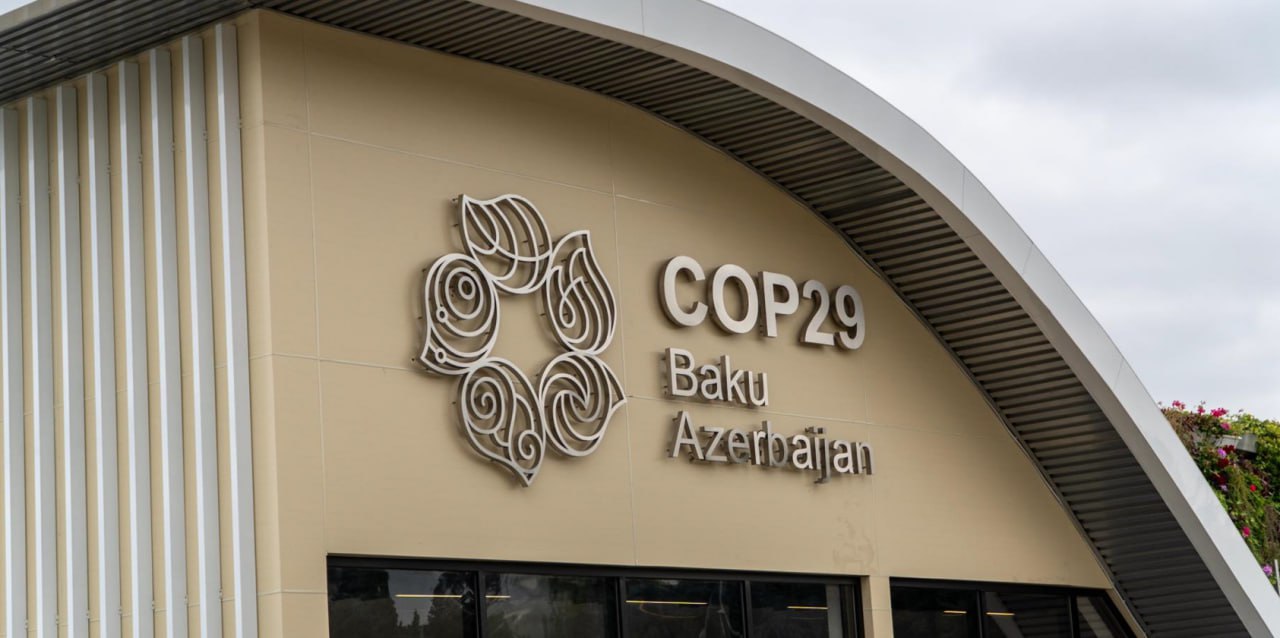Africa’s key demands for climate action as COP29 kicks off in Baku

The 29th United Nations Climate Change Conference (COP29) has begun in Baku, Azerbaijan, under the presidency of the host nation’s Environment Minister Mukhtar Babayev.
With the conference running until 22 November, Africa’s top priorities are to push for a new climate financing target and bolster support for the continent’s adaptation and mitigation efforts in response to climate change.
This year’s conference seeks to increase climate finance commitments and establish new funding goals aimed at aiding low-income countries in transitioning to carbon-neutral economies while supporting the communities most vulnerable to climate impacts.
Amnesty International has called on wealthy nations, whose historical emissions have significantly contributed to global warming, to commit to covering the costs of loss and damage in Africa, which has already experienced widespread climate-induced displacement.
The organization stressed, “These countries must also fully fund adaptation measures to prevent further forced displacement and human rights violations and support governments in a fair and swift transition away from fossil fuels.”
Moreover, developed nations are urged to fulfill their commitments to an emergency Loss and Damage Fund – a crucial international mechanism for addressing climate-related devastation.
So far, pledged contributions amount to less than $700 million, far from the estimated $400 billion needed by low-income nations by 2030 to address loss and damage.
The annual adaptation costs for Sub-Saharan Africa alone could range from $30 to $50 billion, underscoring the urgency for equitable distribution of international climate finance.
The African Development Bank (AfDB) is a key player at COP29, working as an accredited observer to the UN Framework Convention on Climate Change (UNFCCC).
The bank will play a central role in shaping climate action outcomes for Africa by participating in global events and hosting side sessions to further advocate for Africa’s climate priorities.
One of the major highlights of AfDB’s agenda at Baku is a global summit on “Measuring the Green Wealth of African Nations,” set for 13 November, followed by the launch of a comprehensive report on 14 November.
Additionally, the bank will lead efforts to support “Mission 300,” a collaborative initiative with the World Bank to connect 300 million Africans to electricity.
AfDB’s presence at COP29 underscores its commitment to representing Africa’s unique needs in discussions on climate finance, mitigation, and adaptation.
Despite Africa’s minimal contribution to global emissions—accounting for less than 4%—the continent remains highly vulnerable to climate change.
Yet, it receives a mere 3-4% of global climate finance. At the conference, AfDB will advocate for increased financial flows to Africa.
The conference serves as a platform for Africa to showcase its climate solutions through initiatives such as Desert to Power and the Africa NDC Hub.
These programs demonstrate the continent’s commitment to achieving climate goals, even as it seeks the financial support needed for a just transition.
The African Pavilion at COP29, hosted by regional organizations and the AfDB, aims to amplify Africa’s voice, foster networking among stakeholders, and drive effective participation.
AfDB President Akinwumi Adesina will also hold bilateral meetings with key partners, donors, and member states to strengthen partnerships and mobilize resources for Africa’s climate projects.
Despite its low carbon footprint, Africa is expected to embrace energy transitions that come at a significant cost.
Wealthy countries, historically responsible for fossil fuel exploitation, have committed to helping developing nations shoulder this burden—a promise that remains unfulfilled.
Since the 2009 COP15 in Copenhagen, developed countries pledged to mobilize $100 billion annually for developing nations, a commitment reaffirmed at COP21 in 2015.
However, the failure to meet this target has led developing countries to seek increased financing of up to $1.3 trillion.
COP29 is anticipated to draw 40,000 to 50,000 participants, including heads of state, business leaders, policymakers, development financiers, entrepreneurs, academics, youth, and civil society representatives.
About The Author
dailymailafric
I am an avid African news observer, and an active member of Daily Mail Africa.
I’m Passionate about staying informed on diverse topics across the continent,
I actively contribute to publishing on political, economic and cultural developments in Africa.



